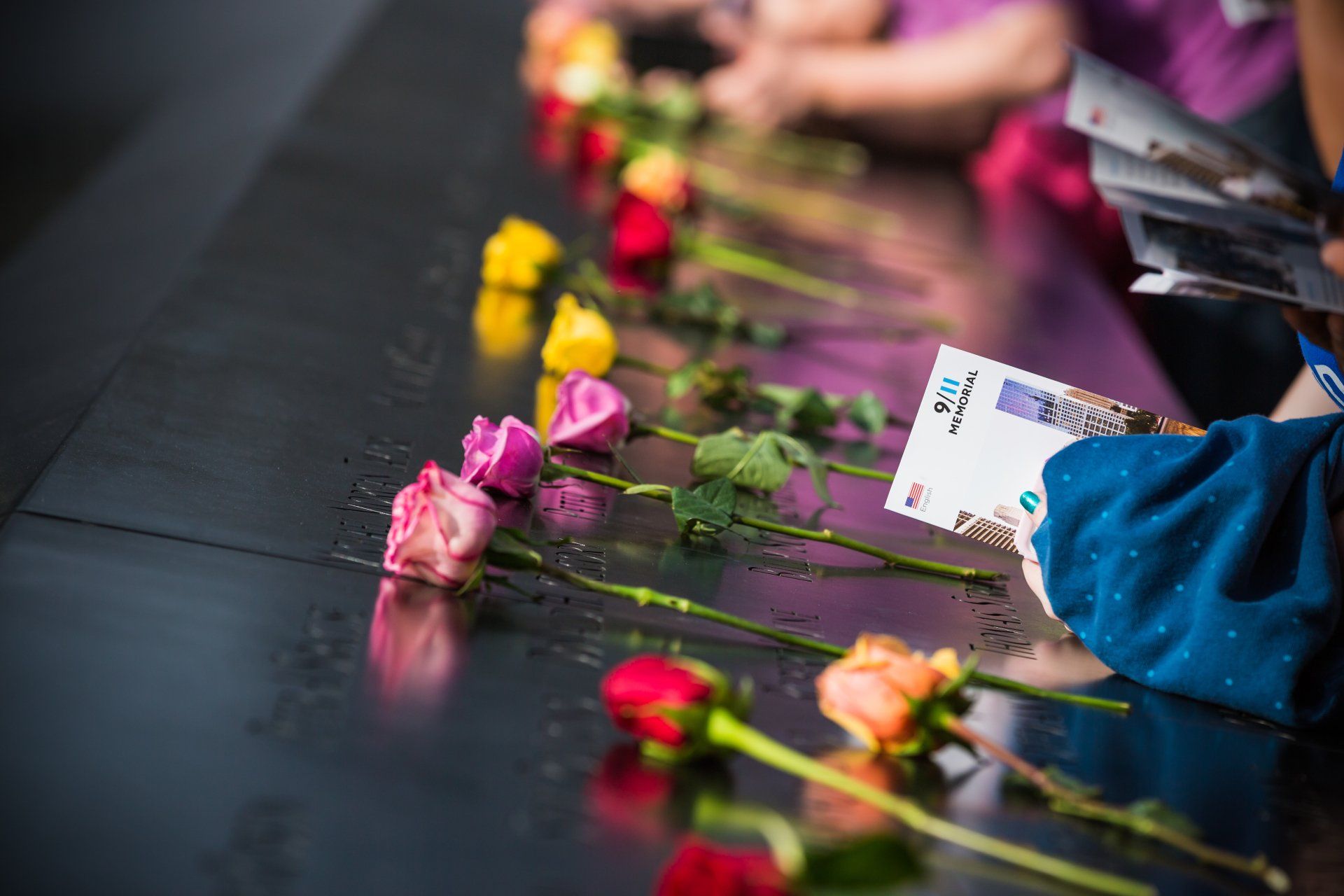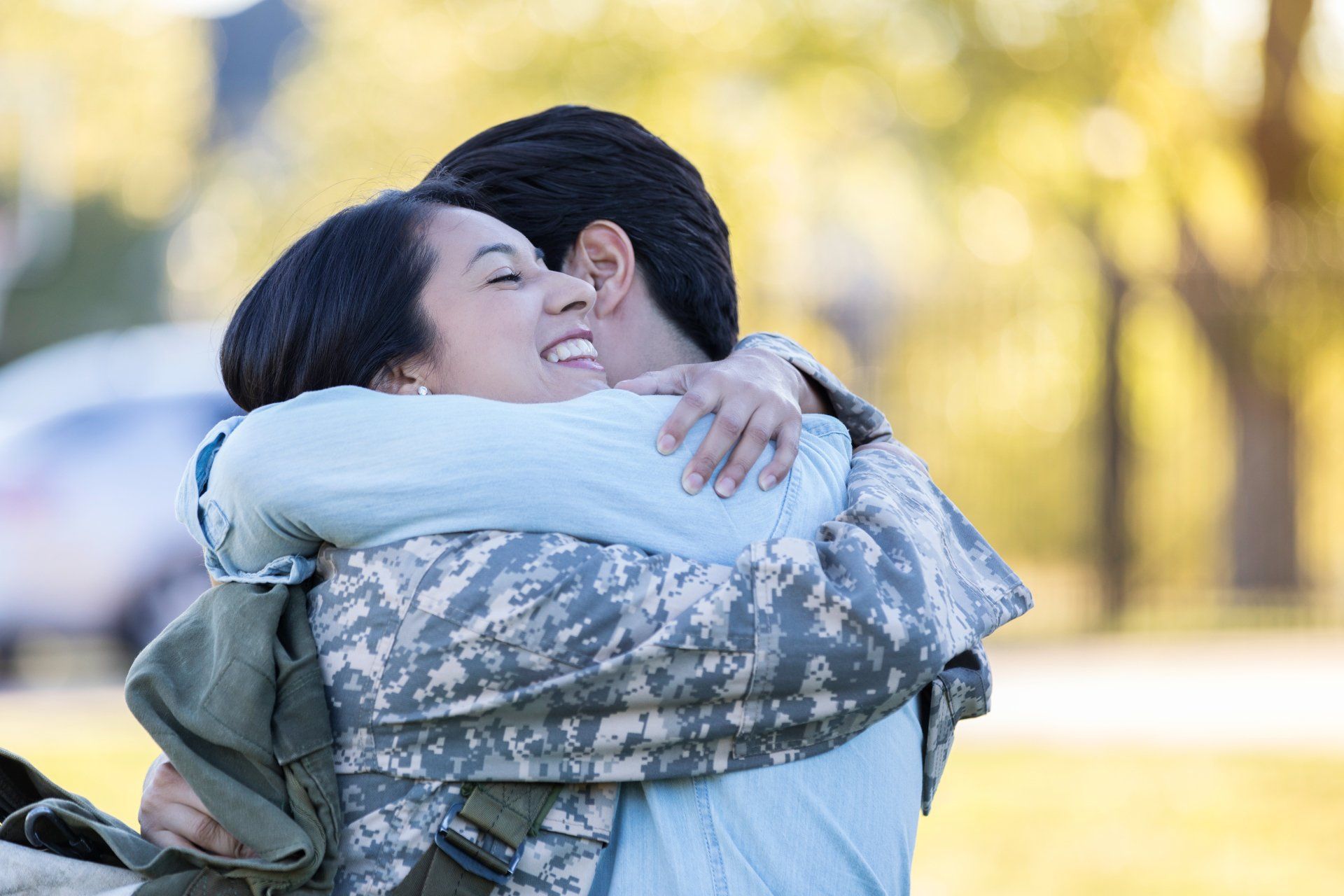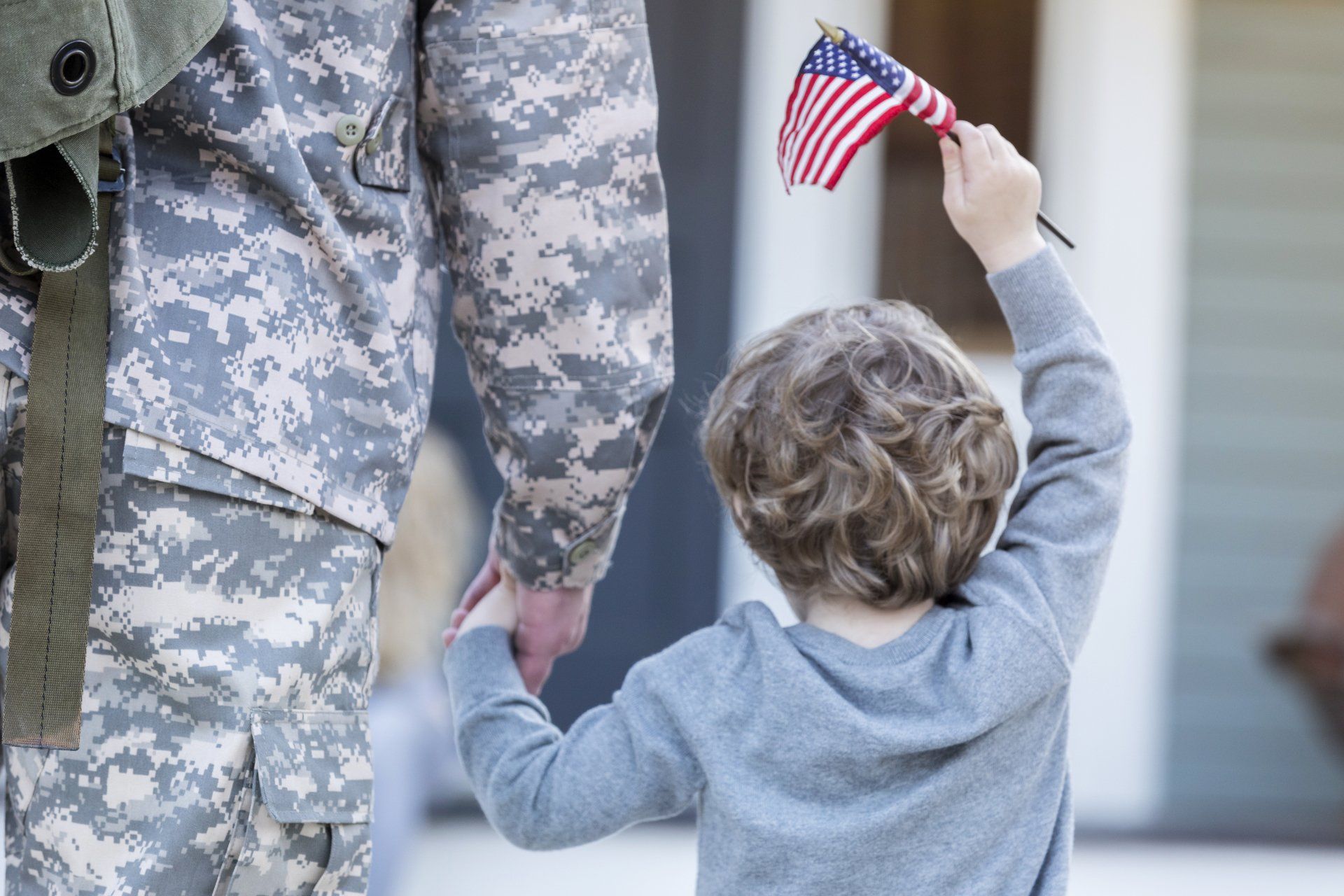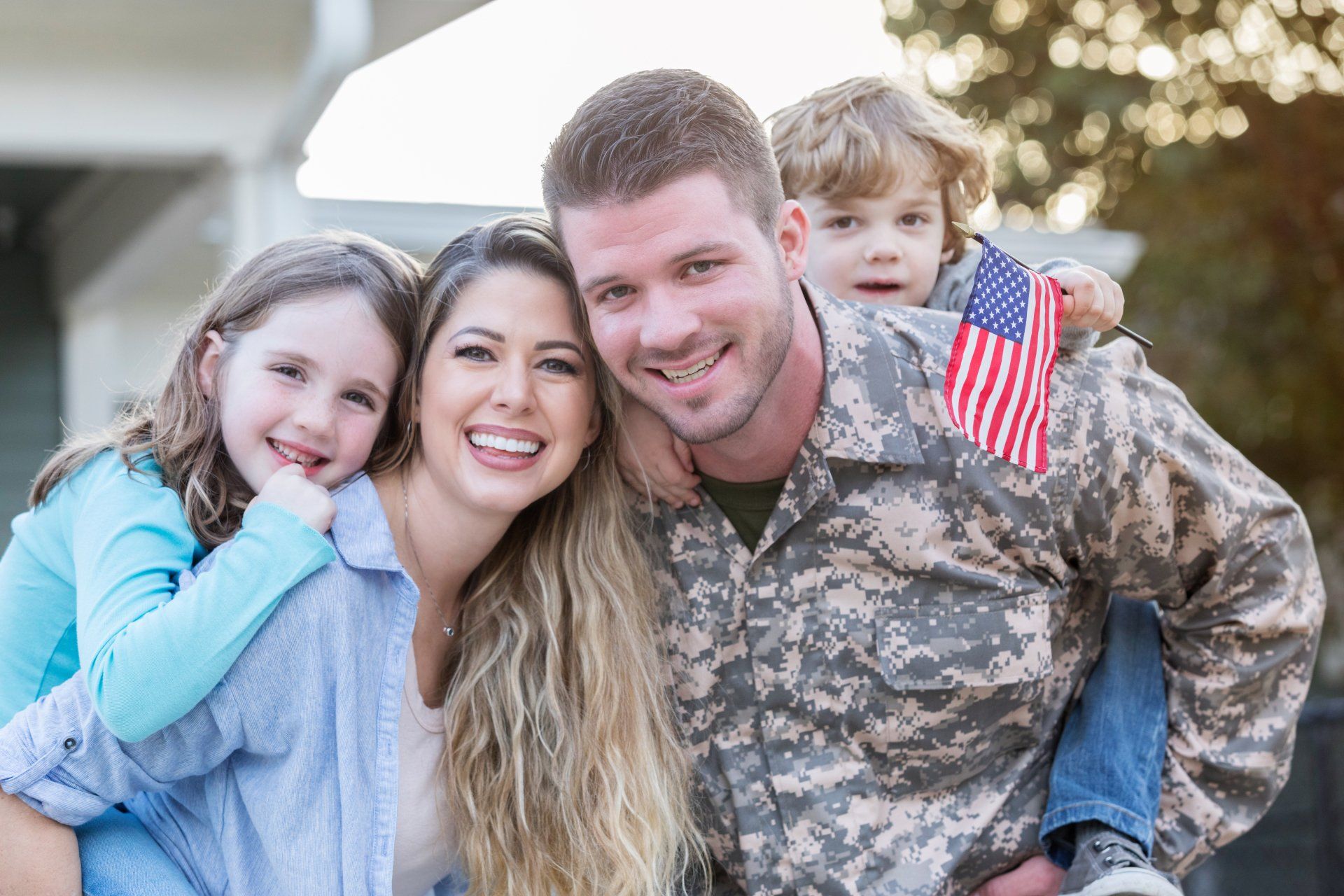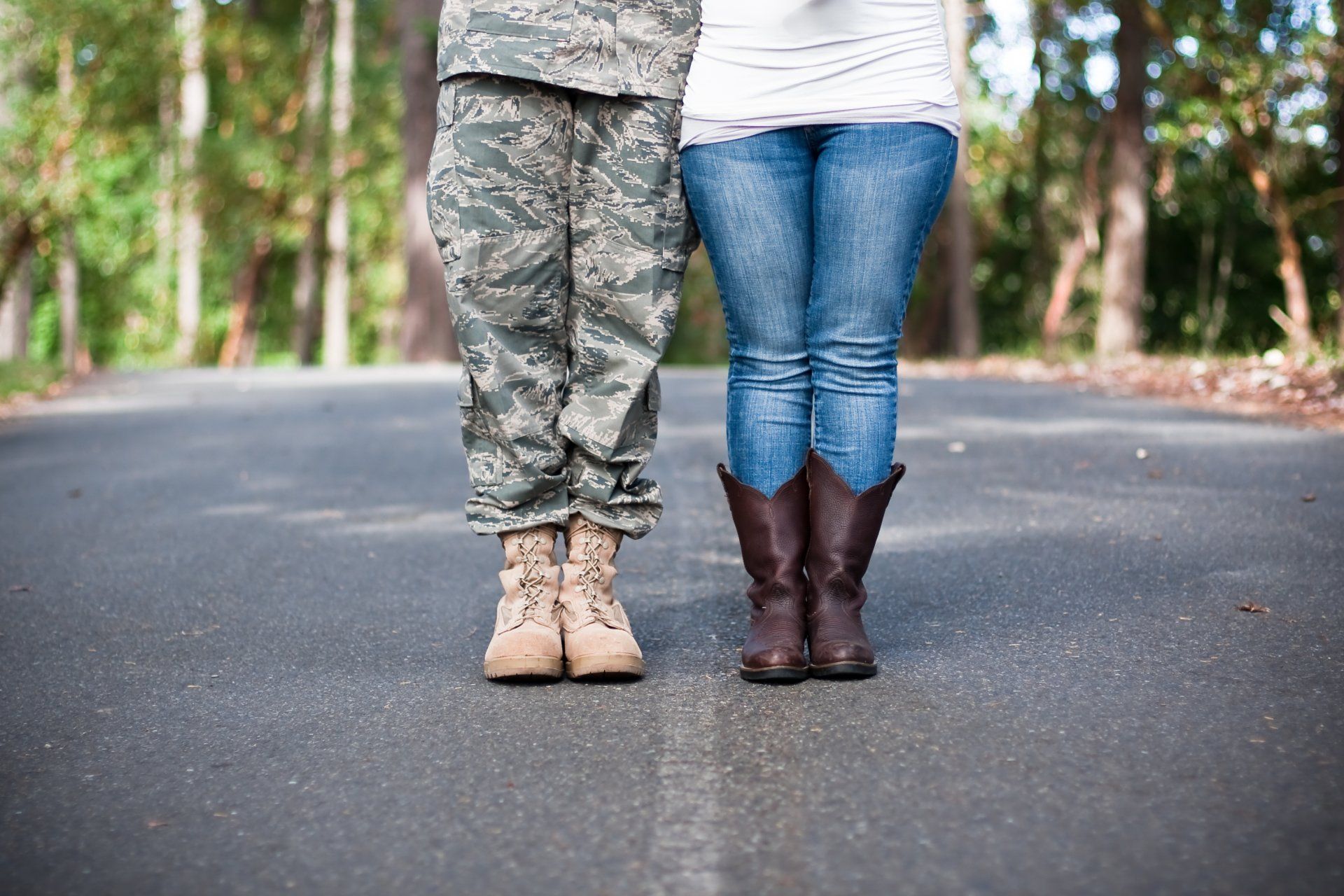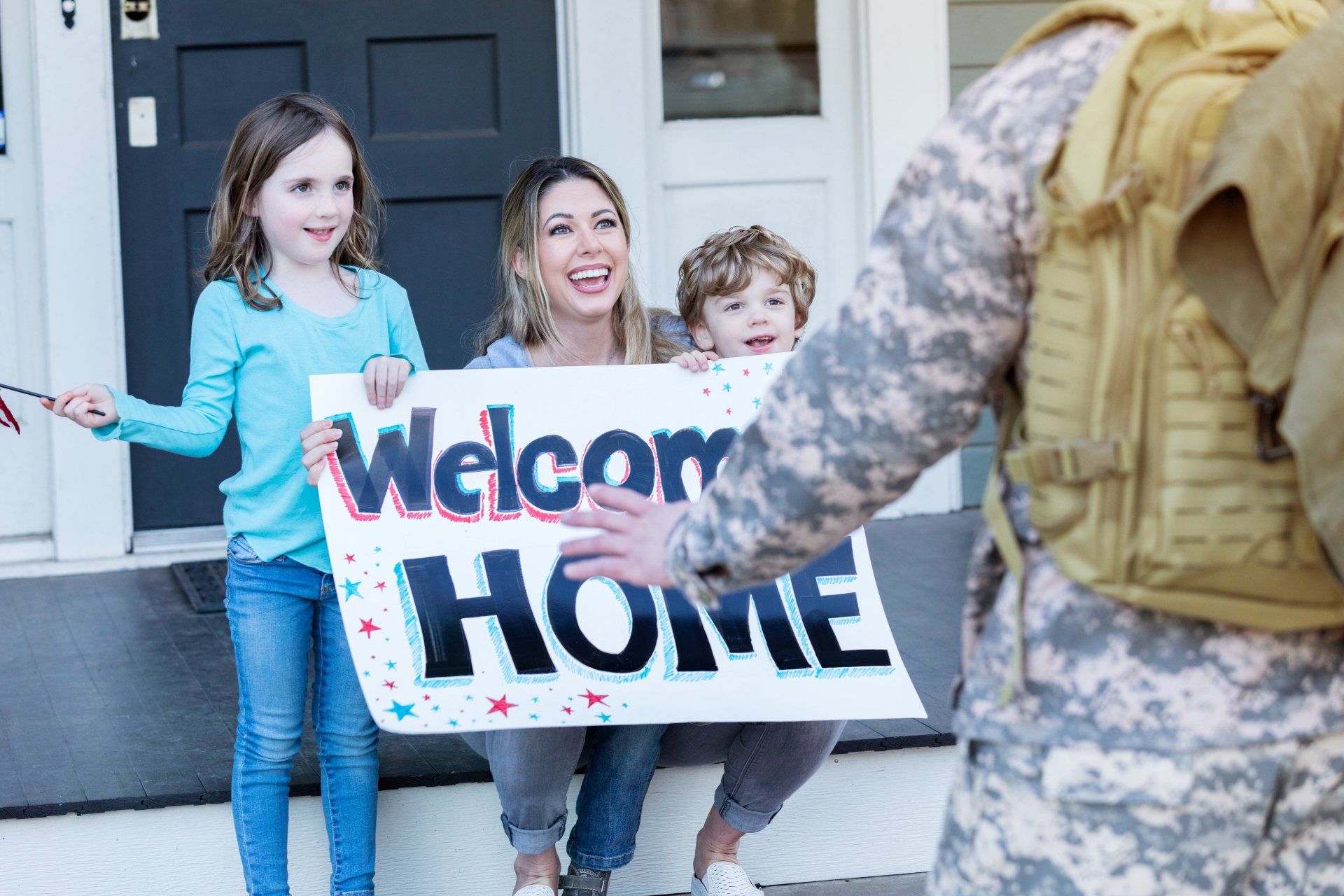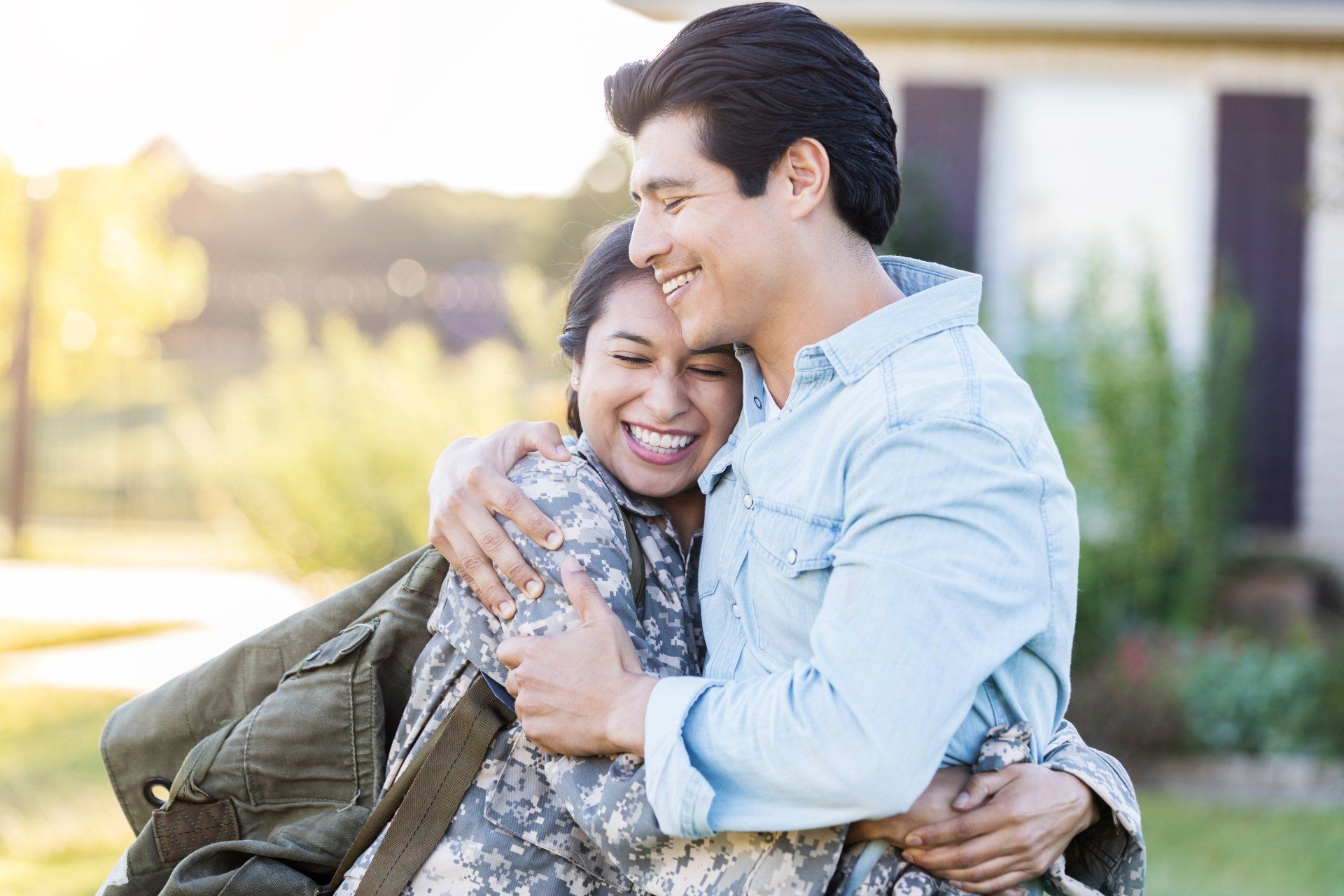Veteran Homelessness Among the Post-9/11 Generation
Veteran Homelessness Among the
Post-9/11 Generation
Miami-Dade and
Broward County, Florida
Download the Report
Miami-Dade and
Broward County, Florida
In September 2019, PEW Research Center released “The American Veteran Experience and the Post-9/11 Generation”. The report details how post-9/11 Veterans – defined as Veterans who enlisted and served after September 11, 2001 – were affected by their experience in the military, compared to their pre-9/11 predecessors. Overall, PEW reported they were more likely to experience financial, mental, and physical hardships upon re-entering civilian life. Compared to their peers from earlier service eras, a higher proportion of post-9/11 Veterans experienced deployment – including multiple deployments – and combat experience.
Ending Veteran Homelessness
Ending Veteran Homelessness
Purpose Built Families Foundation (“PBFF”) is a nationally accredited nonprofit based in Pembroke Pines, Florida. The foundation provides a range of direct services to very low income Veterans in South Florida through its Operation Sacred Trust (“OST”) Supportive Services for Veteran Families (“SSVF”) program. PBFF also oversees Practical Application of Intimate Relationship Skills (“PAIRS”) programs globally. PAIRS is a curriculum-based, educational approach for promoting better relationships and works with the U.S. Department of Veterans Affairs to disseminate this curriculum to Veterans nationwide as the Warrior to Soul Mate Program (“W2SM”).
Learning from the Post-9/11 Homeless Veteran Experience
Following PEW’s report, PBFF looked to more fully identify and understand differences between pre- and post-9/11 homeless Veterans served by the agency’s SSVF program between FY 2012 and FY 2019. The aim was to examine key characteristics that could improve understanding of how and why Veterans of any era experience homelessness and how this could inform the efforts of those who work with Veterans of any background. This summary reviews the methods and findings of the ensuing study.
Project Name
Title or short description
Relationships: the Lifeblood of Living
Clyde Angel, DMin., BCC, LPC, VHA-CM
Executive Vice President
Purpose Built Families Foundation
In 14 years serving post-9/11 Veterans as a VA Chaplain, I frequently saw the consequences of heroic servicemen and women who were unable to reconnect with self and others through their transition from active duty to civilian life.
Working extensively with Veterans and their significant others through the Warrior to Soul Mate program, I saw firsthand that helping them understand the vital role of bonding and learn skills to create and strengthen that bond measurably contributed to their recovery.
Emotional openness and physical closeness, including skills that promoted vulnerability, confiding, listening with empathy, proactive problem solving, and understanding feelings provided a path to healing.
Veterans were able to learn usable tools to express emotions and feelings that were difficult due to the symptoms of emotional numbing.
The ability to strengthen significant relationships provides an important supportive component to deter suicide.
